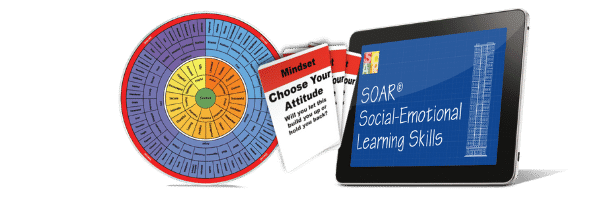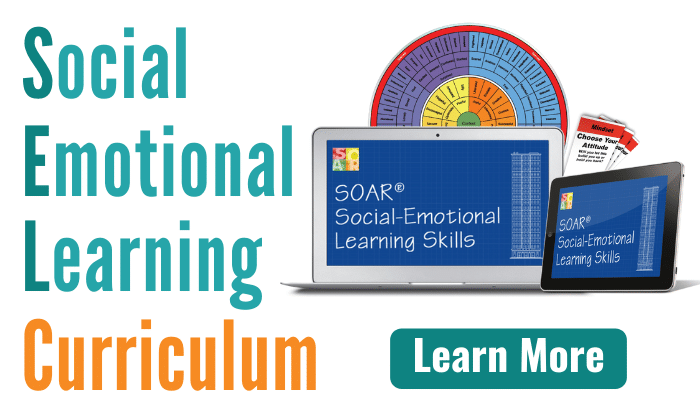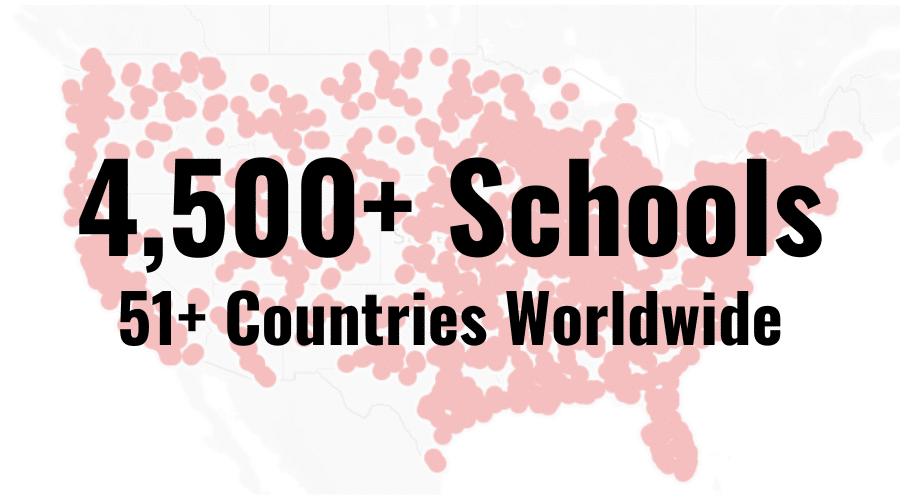The Most Prevalent Problem in Our Schools… That Is Totally Ignored!
My mother is a family physician with a specialty in substance abuse (certified by the American Society of Addiction Medicine). Over the years, we have many relatives who have battled addictions in one way, shape, or form, and Mom specifically pursued the additional certification to help them. Her interest in the issue is truly a labor of love!
Mom recently shared an excerpt from the book, “Beyond the Booze Battle” by Ruth Maxwell, that she thought would be insightful for parents and teachers. I think it perfectly and succinctly explains the impact of substance abuse on children:
“Children of chemically dependent families are at risk for serious emotional illness as adults; while they may be able to work, few will be able to fully love and play. The most important childhood learning tasks have not to do with the Rs, but with trust, autonomy, and initiative. In chemically dependent families, trust is destroyed, autonomy is invaded, and initiative is lost. Unless treated, chemically dependent persons go right down the tubes, but they do not go alone; they take their families with them. It starts subtly and slowly, but in time, the illness of each person in the family is apt to be profound.”
This message bears a striking resemblance to Dr. Whitley’s message in his book, “Bright Minds, Poor Grades;” the symptoms of a clinically underachieving child are very closely related –if not identical- to the outcomes of being raised in a chemically dependent family.
When I think about all of the “unreachable” students that I have taught over the years, the common denominator for all of them is that they came from a chemically dependent home. I never realized that before today…when I sat down to prepare this article.
It is estimated that 1 in 4 children in the United States are exposed to alcohol abuse or alcohol dependence in the family. Substance abuse within the family is probably one of the most prevalent problems within our society –and certainly our schools- yet it rarely gets attention. I don’t believe I ever received training in my education classes to look for signs of substance abuse in the home (outside of blatant physical abuse). Any “training” I have had has come from hours of conversations with my mom over the years.
Through her “informal training,” there are two things I know to be true:
- Addiction is a disease and “good people” can be ill with this disease. Some of my closest relatives have battled this disease. I love them and have a tremendous amount of respect for them…when they are not drinking (or “drugging”).
- Education about the signs, symptoms, treatments, and co-dependent behaviors we all need to avoid is a powerful weapon! Being able to identify the disease and “label” the impact on all members of the family is a significant part of the process for getting help.
I am often asked if my study skills curriculum will work for “all students.” I respond quite honestly by saying, “No, I don’t believe anything helps *all* students.” I then go on to explain who my program helps and why I believe it has value, but in the back of my mind, I think of that handful of students I met along the way whom I was never able to reach. (That includes one very close relative – an adolescent -who has had the love, support, and resources of my three siblings, my husband, and me, but is still floundering.) I think about them and begrudgingly explain that there are some students that we may never reach…
But, when I think about that same group of students through the lens of chemical dependency in the family, everything comes into focus! As a teacher –and even as a relative- my options for providing help are limited, but being aware of the cause-effect relationship can be tremendously insightful for me…and for them!
For more information, my mother highly recommends the following resources:
- www.lovefirst.net
- Book: “Beyond the Booze Battle” by Ruth Maxwell
- Book: “It Will Never Happen to Me” by Claudia Black (This book is excellent for family members, but was recommended as a great resource for educators, as well.
-Susan Kruger
"How Do I Feel?"
Curriculum Kit
Get It FREE!
Includes the SOAR Feelings Wheel, Coping Cards, Full Lesson,
& Information on...

Delivering Student Skills in
Self-Awareness, Self-Management,
Social Awareness, & Responsibility
SOAR® in the News
The SOAR® Curriculum
The most critical learning, organizing, and communication skills needed for school. Learn more here.
Who’s Using SOAR®?




